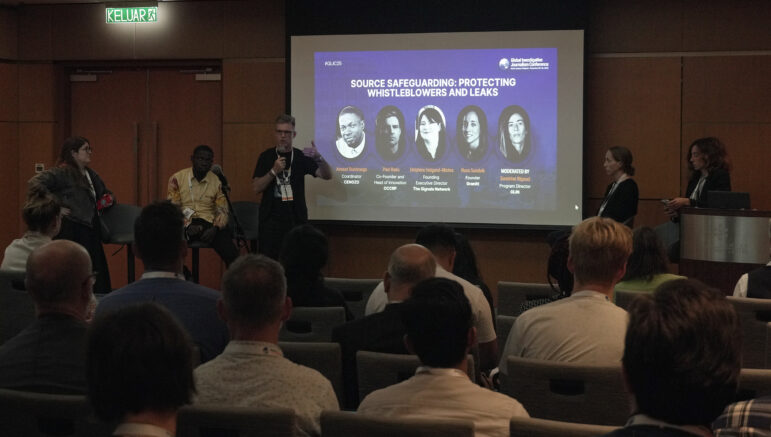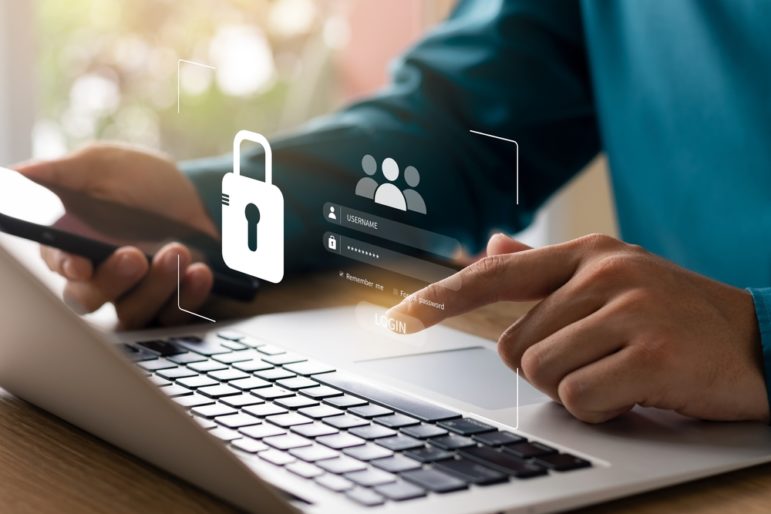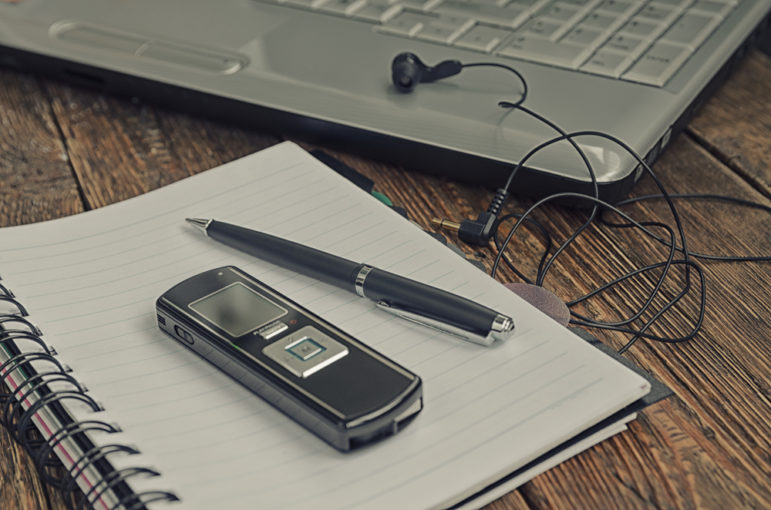
GIJC25
Expert Advice to Keep Your Sources and Whistleblowers Safe
Keeping your sources, your data, and yourself safe during investigations is a complex undertaking. Four veteran journalists offer their tips on how to do so.

Keeping your sources, your data, and yourself safe during investigations is a complex undertaking. Four veteran journalists offer their tips on how to do so.

Some of the most significant progress in newsroom information security over the past decade has been in smaller, more recently-formed digital startups — many of them investigative outlets. They are proving they can effectively incorporate strong information security strategies into their highly adaptive and responsive workflows.

While there is no single service that meets all of our data privacy needs, here two experts unpack security and privacy practices for popular transcription services, weigh when journalists should use remote transcription services, and explore how to minimize risk when working with sensitive audio.
Investigative reporters around the world are tightening their digital safety habits, out of concern that emergency pandemic laws, new spy technologies, and the lockdown itself have exposed journalists to even greater threats of surveillance and harassment. A dozen reporters and experts interviewed by GIJN agreed that sound digital hygiene was no longer optional for journalists in the COVID-19 world — and offered 10 security tips, including threat modelling, encrypted document transfer, and virtual burner phones.